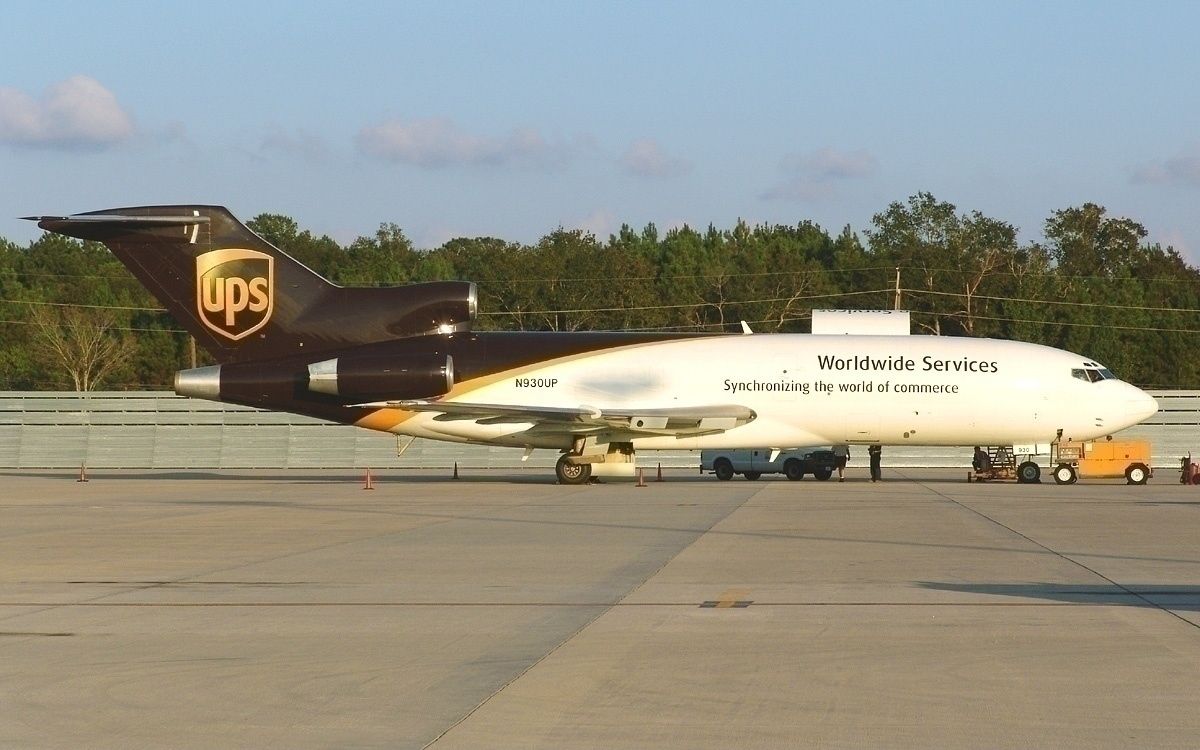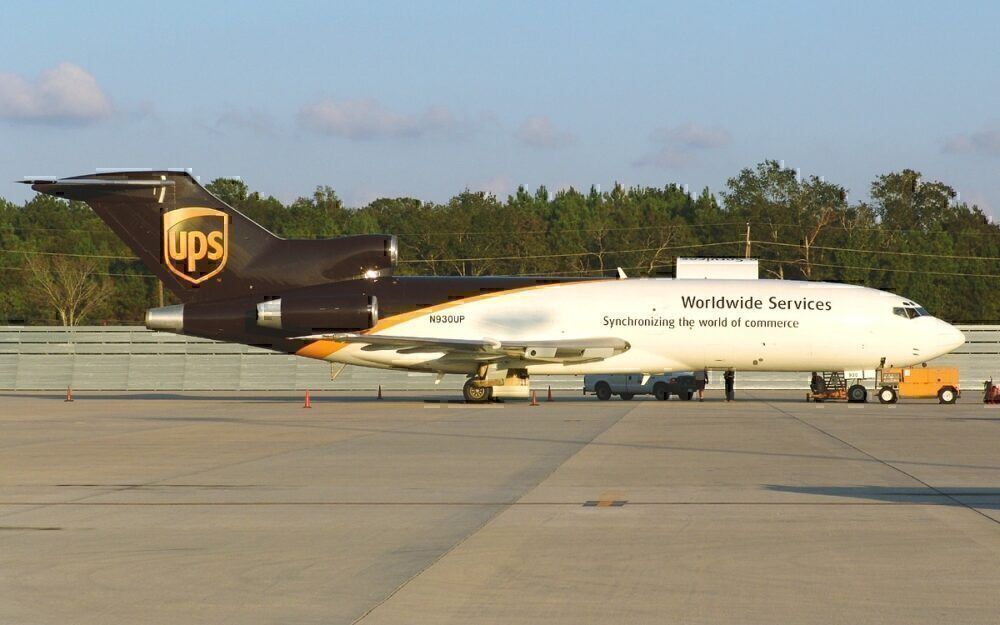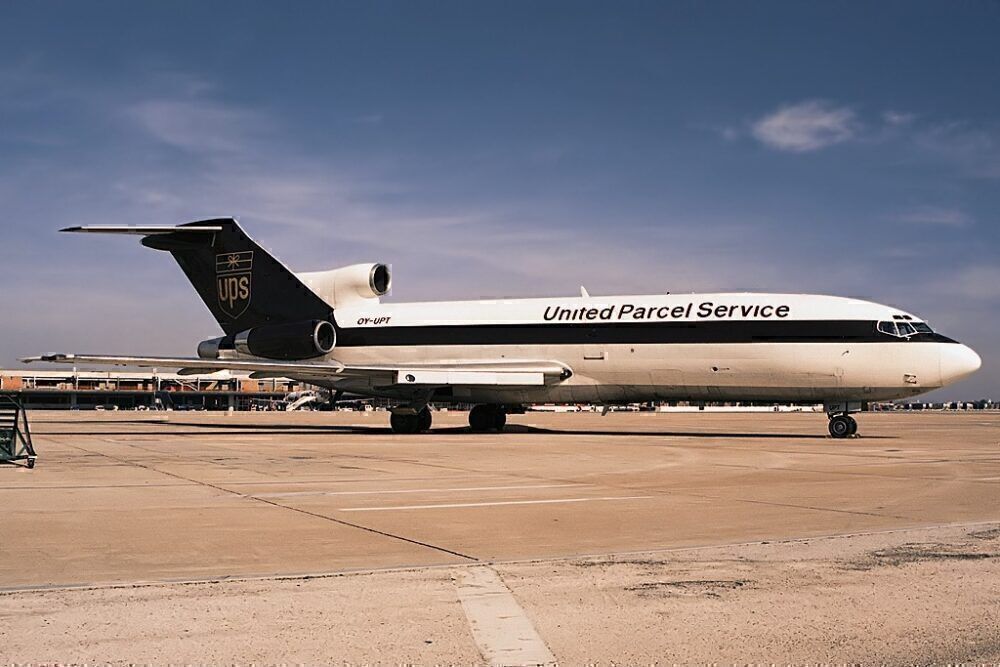Did you know that, at one time, UPS (United Parcel Service) ran a passenger airline? What was it like, and what happened? Let's explore.
Why did UPS run passenger services?
UPS is a freight airline, running older aircraft like the Boeing 727 and others, overnight delivering freight around the world. However, back in the mid-90s, the team at UPS ran a program called the "Asset Utilization Experiment."
Essentially, while the cargo aircraft were profitable and ran a tight operation, many planes sat idle over the weekends during the day as the package operation didn't run. The team realized that they could use the aircraft to fly something else during the weekends, such as passengers.
Stay informed: Sign up for our daily aviation news digest.
Thus they put together an ambitious experiment to convert five Boeing 727 cargo aircraft back into passenger aircraft every Friday, fly chartered flights, and then return to cargo flights by Monday. Its target market would be travel agencies and other groups that needed to fly passengers, and as the carrier didn't need to compete with scheduled weekend routes like mainline passenger carriers, they could beat any other quote.
What was it like to fly on UPS?
Part of the challenge was turning a cargo aircraft into a passenger plane and back again over a weekend. UPS insisted its engineers find a way that it could be done Friday night in just four hours.
The system they came up with was rather genius. As the planes could carry cargo pallets, the engineers built a series of pallets that had six seats and an aisle, that could be loaded through the cargo door and then rolled down to the cabin into position. For the overhead bins, the crews installed them during the same night and installed at the rear of the five aircraft two permanent toilets.
You can watch the process of converting one of these aircraft here:
The planes' interior was new and flashy, with blue seats and comfortable legroom (up to 33 inches of seat pitch, more than most carriers). The crew didn't wear the brown uniforms of the package handling business, but a bright blue outfit with sunny ties.
For flight attendants, UPS hired experienced crew members from a talent agency (that specialized in private and charter flights). For pilots, they just used existing UPS pilots who jumped at the chance to have a 'weekend airline pilot job.' After all, flying passengers was almost identical to flying cargo - except with better food (the pilots ate what the passengers ate)!
"Outbound flights in the morning received a hot breakfast and beverage (the whole can was offered). Later in the flight, a wide assortment of snacks and beverages was served. Before landing, warm cloths were handed out to each passenger. Return flights were the same, except we served a lunch/dinner meal instead of breakfast." UPS flight attendant speaking to Aerosavvy
"Most of our flights were pleasure trips, people going on vacation. So the atmosphere was fun and pleasant. We rarely had problems and when we did, they were handled very professionally and quickly. We had great crews and always had fun, but first and foremost, safety was our number one priority."
What happened?
Alas, after operating the service for five years, UPS evaluated it and decided to return the aircraft to cargo-only operations. There were several reasons:
- The aircraft selected, the Boeing 727, ran into logistical problems such as not having enough range for all the contracts. Aircraft had to refuel on the way and this annoyed passengers.
- The wear and tear of converting the aircraft between cargo and passenger configurations created more problems and cost more in time and money the longer the operation went on.
- The Boeing 727s didn't have the exact same size (they were built in an age lacking computer machinery), and thus, it was hard to fit in the precise seat pallets.
- Lastly, it didn't earn as much money as packages - UPS decided it would just be easier to stay a cargo airline.
What do you think? Did you fly on UPS? Let us know in the comments.



